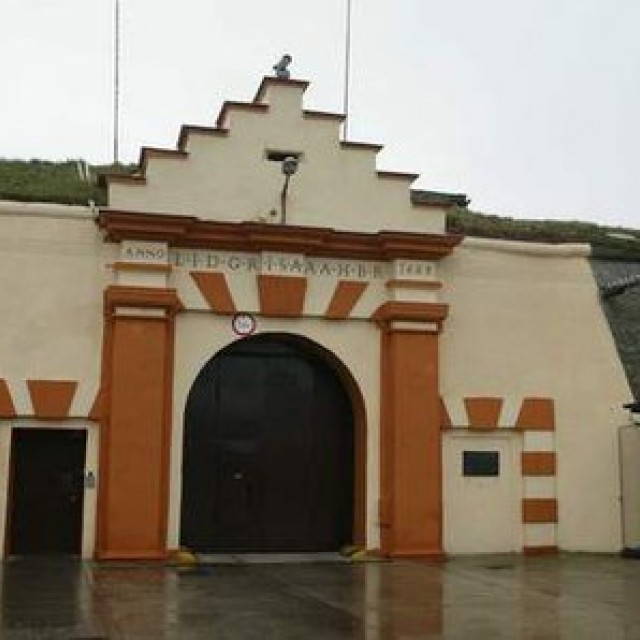“Drop dead, bastard! You won’t get out of here alive anyway!”
The communist regime didn’t allow Ján Brichta to become a priest and therefore he tried to achieve his only dream outside of the Czechoslovakian borders. His and some other students’ and priests’ attempt to do so, however, was halted by a swollen Morava River in April 1951. However, on their way back, the majority of group was detained by members of the Border Guard. They were taken to the Bratislava Castle and shortly after to the notorious “Leopoldov mill.” Here he underwent three months of very harsh investigation in hunger and torture. “In the evening I lay down on my foldaway bed and suddenly through the little window for handing the meals the guard shouted: ‘Squats! Ten, twenty squats and get to bed!’ In ten minutes he did it again and this way they tortured us till the morning,” he recalled. Lack of food and sleep soon signed under his organism: “I know that before I was detained I weighed 64 kilograms, but after those three months I weighed only 48.” Finally, they gave him a record to sign, where it was stated that Ján was a follower of the clerofascist regime, who was about to go and study at Vatican universities, afterwards come back to Czechoslovakia “to murder women and children,” He refused to sign it: “That’s when they started to beat me and kick me; drag me on the floor until I fell unconscious. I don’t know what happened afterwards, I found myself in the cell, where they poured a bucket of water on me, as they couldn’t leave a prisoner unconscious. This was an international regulation. There I heard someone saying: ‘Drop dead, bastard! You won’t get out of here alive anyway!’” A few months later Ján was sentenced to fifteen years of imprisonment for his attempt to run away to Italy and become a priest. The vast majority of his sentence he worked in mines of the Jáchymov labour camp.
Hodnocení
Hodnotilo 0 lidí
Routes
Not a part of any route.
Comments
No comments yet.












